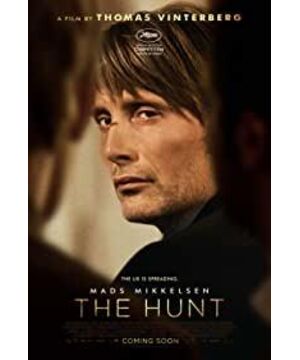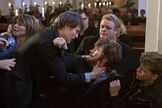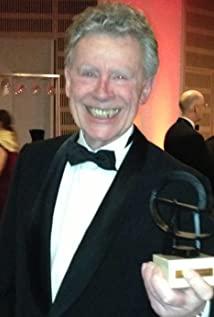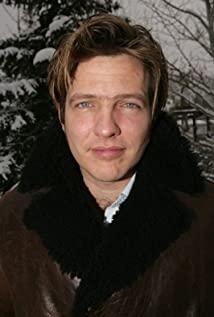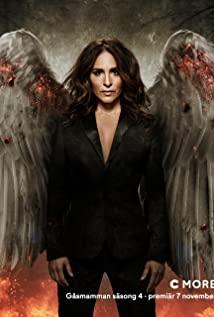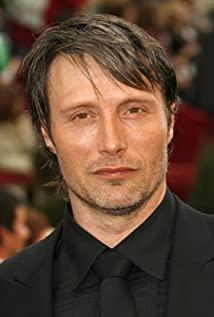Maybe the director had designed the scene of shooting Lucas from the audience's point of view, and finally gave up, maybe it was too cruel.
It seems more plausible to impute ignorance and gullibility to a backward town dweller. This drama reminds me of the combination of "Dogtown" and "Little White Lies", but the former is more extreme and metaphorical, while the latter is too superficial and approaching the essence of boring life.
Closed villages and towns, seemingly simple townspeople, just need a rumor to shatter mutual trust, and accumulate gatherings and get along for several years.
At this moment, the gunshots sounded, and the question was where did the bullets come from? Innocent Lucas, will the one who shoots hatred at him be his dear son? Because he was fed up with his father who brought him shame? Is it his best friend? Lucas' existence gave him the awkward position of being a gossip maker at one point? Is it those hunters who don't believe in Lucas' innocence? They never only believe in their own fixed point of view - children will not lie, even if the police's evidence is solid and the court's decision is clear.
Yes, when the lies do not come from adults, but from ignorant children, adults also change from the strong to the most helpless weak. Because they can't prove their innocence, "disappearing" can only be the final or best ending, while the lies will always exist, aimlessly shooting at any innocent deer that may appear on the hunting grounds.
If the film is to win an award, the last minute must be crucial.
View more about The Hunt reviews


